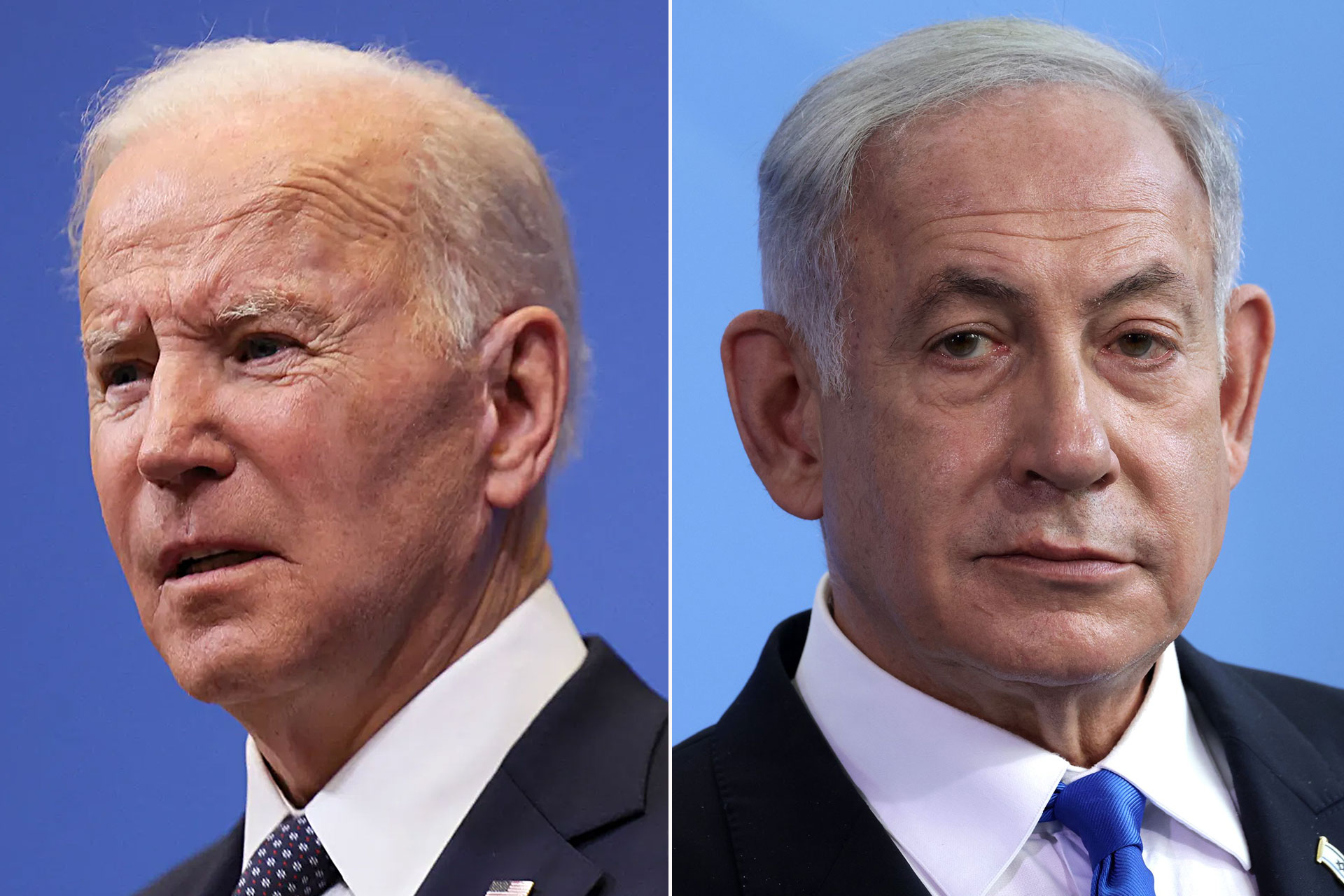Netanyahu and Biden Clash Over Gaza Ceasefire Proposal
Israeli Prime Minister Benjamin Netanyahu has expressed significant concerns over a proposal presented by US President Joe Biden, aimed at establishing a temporary ceasefire and eventually resolving the ongoing conflict in Gaza. Netanyahu claimed that the suggested plan contains 'gaps' and inaccurately represents Israel's stance, leading to political turmoil both within Israel and the United States.
The ceasefire proposal, which has gained considerable media and political traction, consists of three phases. The first six-week phase calls for a comprehensive ceasefire, the withdrawal of Israeli forces from populated areas in Gaza, and the release of certain Israeli and Palestinian detainees. Humanitarian aid would also surge, with a projected delivery of 600 trucks per day into Gaza. During this period, Israel and Hamas are expected to negotiate a permanent ceasefire, keeping the truce intact as long as talks continue.
The second phase aims to finalize the exchange of all prisoners, and the third focuses on the reconstruction of the Gaza Strip. Biden's announcement of the plan was accompanied by encouragement for both parties to engage fully with the proposed terms. While initial reactions from Hamas appeared positive, Netanyahu and his administration have provided conflicting statements, adding ambiguity to Israel’s official position.
The United States State Department has asserted that the ceasefire plan was created in consultation with Qatar and Egypt, emphasizing that an Israeli agreement is expected if Hamas signs off on the proposal. However, Netanyahu's resistance to the plan, citing a need to achieve Israel's goals before ceasing hostilities, adds to the complexity of the situation.
In the political sphere, Israeli leadership faces intense pressure. Netanyahu's far-right allies threaten to dismantle the government if he agrees to the ceasefire, posing risks of new elections and intensified scrutiny over his administration’s security measures. Furthermore, American leaders have hinted at the necessity for Israel to agree to the plan, leveraging diplomatic relationships and emphasizing shared security interests.
Amid these tensions, mediation efforts from countries including Egypt and Qatar are ongoing, attempting to navigate between the conflicting demands from both sides. The solidarity shown by Middle Eastern foreign ministers advocating for the US proposal reflects a broader desire for stability and humanitarian relief in the region.
- Hamas leaders have expressed tentative acceptance of the ceasefire proposal, contingent on further details and assurances of comprehensive Israeli withdrawal and reconstruction efforts. The militant group highlighted that the United States' ability to pressure Israel will be crucial in achieving these aims.
- Experts argue that failing to engage with the ceasefire plan could worsen the humanitarian crisis in Gaza and further destabilize the region. They warn that refusing to dismantle Hamas's influence could embed Iranian influence deeper into Gaza, mirroring the complex dynamics seen in Lebanon and Syria.
- The potential implications of accepting or rejecting the proposal extend beyond immediate military concerns, impacting long-term geopolitical alignments in the Middle East. Israel’s decision on the matter will likely shape its strategic relationships both with neighboring states and its primary ally, the United States.






